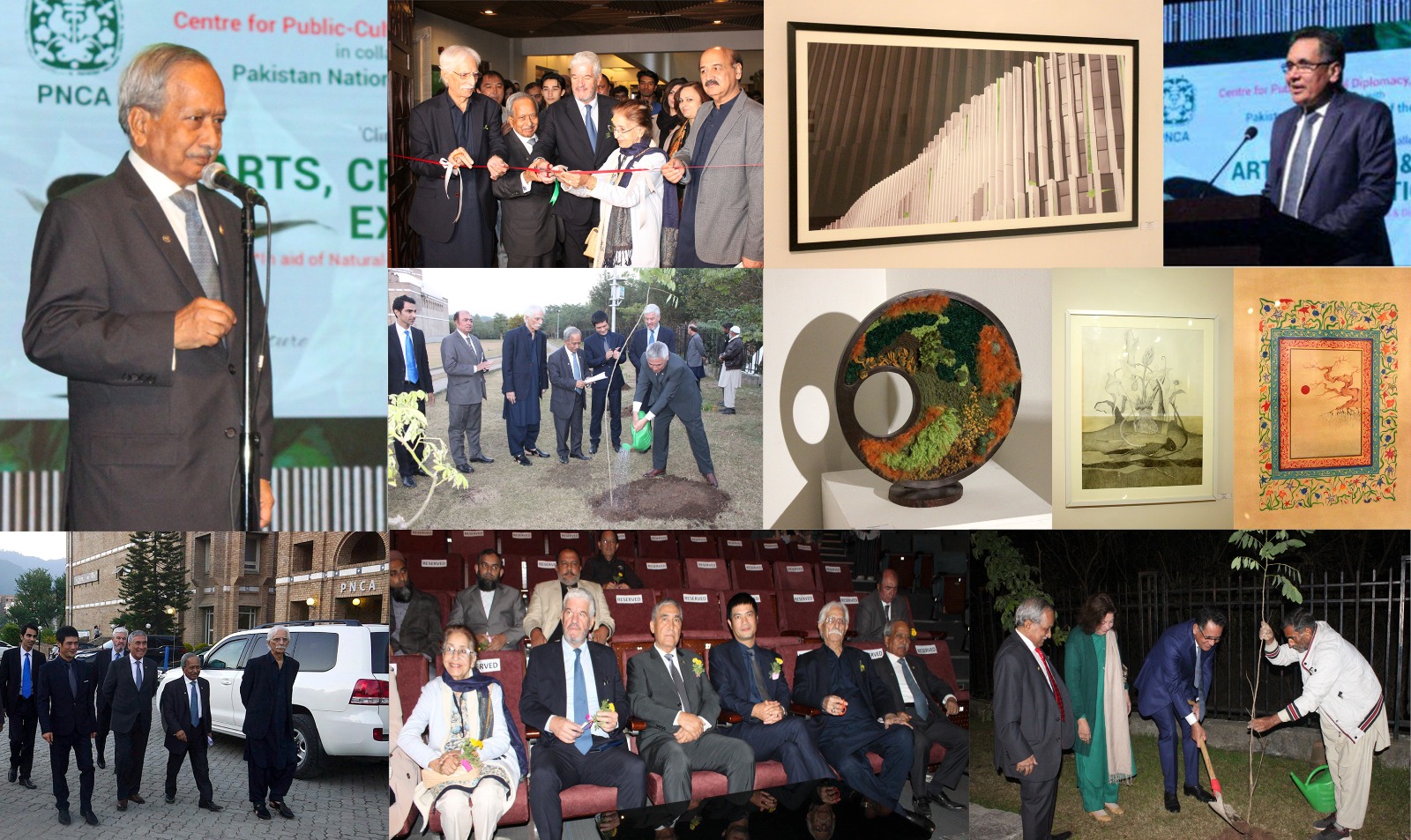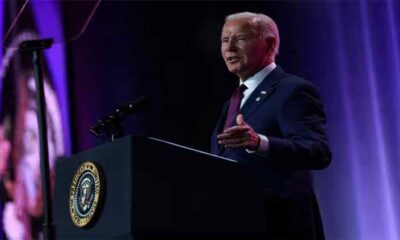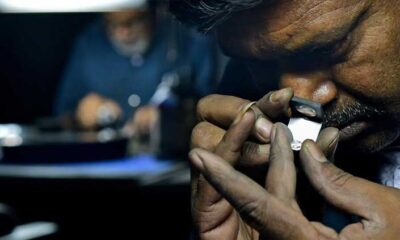Islamabad – 29 December 2023 (CPCD- P.R ): The Climate-Change Challenges ‘Arts Crafts & Techno Exposition’, conceived, initiated, and organized by the Centre for Public-Cultural Diplomacy (CPCD), Islamabad, held at the PNCA Art Gallery mid-Nov, was chosen by the Ministry of Climate Change & Environment Coordination and supported by National Heritage & Culture Div. and, to pleasant surprise of CPCD, it became a major segment of the Pakistan Pavilion at UN Summit COP-28, in Dubai, 30 Nov-13 Dec. 2023.
Earlier, the weeklong Exposition at Pnca with captivating artworks, crafts & techno demos/workshops by budding talents and university students, showcasing poignant manifestations on climate preservation, nature conservation and reduction of plastic usage, at both Inauguration and Closing Ceremonies, was graced by high dignitaries including Dean of Dip. Corps and ASEAN and SAARC Group Heads and EU Missions and applauded as a mega success. They welcomed the creation of an Endowment Fund for the disadvantaged artists.
The spirituality and thinking that is inherent in a great cause and went into the making of climate-change related arts & crafts exposition at a cultural hub like Dubai indeed called for high appreciation and appraisal as expressed by many dignitaries, patrons & aspirants including Pak Prime Minister.
While speaking to the press & media about the success story of Pak Pavilion & COP-28 Climate Action, CPCD Chairman and a former veteran Pakistan career diplomat, Ambassador Salahuddin Choudhry, reiterated that the foremost necessity for adoption or adaptation toward mitigation of climate crises is to go all-out setting a positive mindset at grass-root level and developing the needed culture of rehashed lifestyle, fully motivated to understand, respect & love the Nature & Habitat of our mother-planet. This is where “Love thyself & Love Thy Nature” as the theme of the CPCD Climate Exposition so well fitted in and adapted to the whole occasion! In his firm view, awareness or readiness to accept the significance & fortitude of Nature – before anything, be it about funding, be it in terms of any kind of projects initiation or novel solutions – must precede among the youth in particular doing things correctly and justice to the implementation of new initiatives, scientific or technological. Here creativity – artistic or scientific both of which are part of cultural pursuits – surely becomes the mainstay. That’s why man’s passion & inspiration through creative manifestation is the key to all human endeavours and development activities. Often, side by side, they affect the creative mind in spirituality, mysticism & sufism to secure climactic gaps & impacts in human life by dint of science & technology.
Interestingly, and almost as Amb. Choudhry’s reverberation, Prime Minister Anwaar-ul-Haq Kakar also called upon various stakeholders, including scholars, architects, poets, and literary people, to contribute towards the global efforts of addressing the climate change issue by raising their voices in their articles, sermons, addresses, and poetry.
According to him, the science is there to guide us, lead us and we talk about trillions of dollars, etc, but “this is where I feel something is missing as the opposite of science, and that is arts”, where is the aesthetic part to climate change, where’s the emotional investment with climate change; well, we do have an aspiration to have 2-3 trillion dollars of investment to promote the implementation part of climate change, but there are billions of souls who need to invest emotionally in realization of goals…and that is the bit of ‘missing link’….missing link in our poetry… missing from our folklore, missing from our music, missing from our rituals, missing from our languages; all it needs is an inspiration, a thought where lies the emotional part or the missing link. Are we thinking on that side? It should be advocated by the activists, by the civil society, NGOs, by scholars, and eventually by the govts. Nobody is against structured approach, but “we human beings want fun, we want colour, we want festivity; let’s all become committed climate change global citizens; we have to have religion associated with climate change and with diversified faith groups, with diverse ethnic groups, with diverse linguistic groups – all of us moving towards our commitment to climate change”.
In this context, ‘Living Indus’ is an umbrella initiative aimed at restoring the ecological health of the Indus within the boundaries of Pakistan, which was most vulnerable to climate change.
“And we are here to collaborate and give voice to our rivers. The Indus River needs a voice, and we are here to give that voice. The Indus feeds us, and if we do not take care of it, it will not be there to take care of us”, he remarked.
He said, Pakistan launched ‘Recharge Pakistan’, which was the first concrete step towards the Living Indus. “This flagship project with an international climate finance of nearly $78 million is central to our efforts in reducing future flooding and drought impacts,” he added.
The Recharge Pakistan project under the Living Indus framework will not only benefit millions of our citizens but also serve as a model for climate innovation on a global scale.
Earlier in his comments, Mr. Salahuddin Choudhry – while projecting the Indus Initiative as being promising – cautioned that the Project needed initially to work on the most contentious Indus Water Treaty with India covering four riparian states/neighbours (with inherent causes of friction) to be on board especially in the context of common malaise of climate water crisis. Similarly, the other nuke-power dev. initiative at the COP28 – just like the coal-power controversy – could boomerang in view of the killer radiation emission being hazardous to human health as opposed metaphorically to ‘Climate Health’, so vociferously propounded by Pakistan lobby.
On re-emphasis, Mr. Choudhry maintains – Pakistan being at a critical juncture of environmental degradation today, and placed as the 5th most dangerous in the world – any initiative or any awareness campaign, particularly youth-centric, needs to be supported by all & sundry, initiated by the Govt. Equally, the public & corporate – when rightfully involved – can bring about the coveted encouragement for innovative solutions & implementation.
CPCD believes that the hottest subject of accursed global warming ought to be the top priority in taking the all-pervasive climate-change issue by the bull’s horns as a most serious challenge to our present young and future generations; honestly, the large heavy-headed oil-rich fossil-fuel vested lobbyists could have played a dirty role to turn the COP28 into a fiasco but for the doubted saving grace of ‘phase-down’ position taken as against the needed fossil-fuel ‘phase-out’ transition.
Therefore, Pakistan Govt. needed to systematically phase-out fossil-fuel usage from our daily life and to start moving to an alternate transport mode like bicycles/ tricycles or e-vehicles with zero-taxation; to embark on setting up green towns & villages; and to de-accelerate (rapid) industrialization.
Most importantly, our people will have to aggressively change our lifestyles and the culture of old habits; and, with all strata of our society, esp. the press & e-media playing a strong lobbying role alongside citizenry and the CC Ministry and heritage & cultural institutions and public-private & corporate sectors !
At a time when three COP decades are too long a time taken by world leaders to become serious in the face of climate havocs, now is the moment to vouch DO OR DIE and not dilly dally or shilly shally in adopting bold decisions NOW such as saying NO to COAL and gases like methane other than CO2.
UN’s multilateralism is no doubt a platform but not so trustworthy owing to individual UN member’s own interests are very rarely compromised for a larger cause; the so-called multilateral funds & even pledges all are hearing about but NOT really happening. That’s why such platform can work far better at regional or limited group level, in fact the best purely at individual level, like charity begins at home. At home standpoint, Mr. Choudhry feels strongly, raising financial support through ‘Climate Action Incentive Fund’ is the possible answer, and surely this needs to start right away without waiting askance for “other” countries to come or back up which might happen but not before too long a time by when unwanted conflicts and disasters have already struck and killed any kind of incentive !!
Not necessarily with a tongue in the cheek to say, the CPEC (with agri-edu. cover) under the PRC’s ‘Belt & Road Initiative’ (BRI) can really incentivize Pakistan and all regional stakeholders in true sense for backing up the ‘CA Incentivize Fund’/s.
In this respect, with the support of BRI/CPEC, Pakistan could initiate holding a SAARC-ASEAN Summit and/or Climate Ministers’ Conference, first at Dhaka, financed by physical monetary pool contribution.
All said & done, in Mr. Choudhry’s firm opinion, all that is a must – particularly for the developing world esp. LDCs, in the South Asian region – is to set in unabated motion a massive mass awareness campaign to develop a cultural approach to educate themselves about ominous “climate-change” disasters to be able passionately and consciously to exercise their conscience to get into the correct mindset; this is where Ambassador Choudhry recalled – for the sake of fast awareness and right motivation – having proposed through parliamentarians and relevant senior Govt. functionaries to do necessary legislation for introduction of climate change in the education curriculum as a compulsory subject right from the primary level in the educational institutions. Alongside, the Govt. would do well to form a core/cabinet climate action group as well as a dedicated team or cell in the MOCC with civil society and corporate sector representations.
CPCD, as informed – alongside Track-III Diplomacy – has lined up a series of collaborative tasks and events such as repeat arts, crafts & techno exposition in provincial capitals of Pakistan as well as a major ‘Climate Action Week & Conference’, March-April 2024, for which CPCD invites the Pak Govt., Public/Pvt. & Corporate Sector (esp. FPCCI) & academia for material support & back-up cooperation.
Post Views: 95


 Fashion3 months ago
Fashion3 months ago
 World3 months ago
World3 months ago
 World3 months ago
World3 months ago
 Sports2 months ago
Sports2 months ago
 Sports2 months ago
Sports2 months ago
 World3 months ago
World3 months ago
 Business2 months ago
Business2 months ago
 Tech3 months ago
Tech3 months ago






















